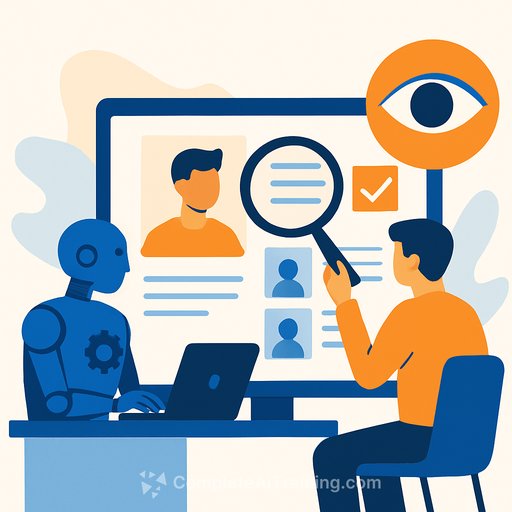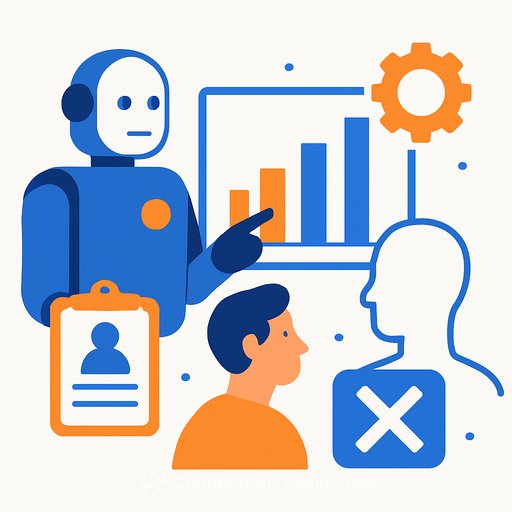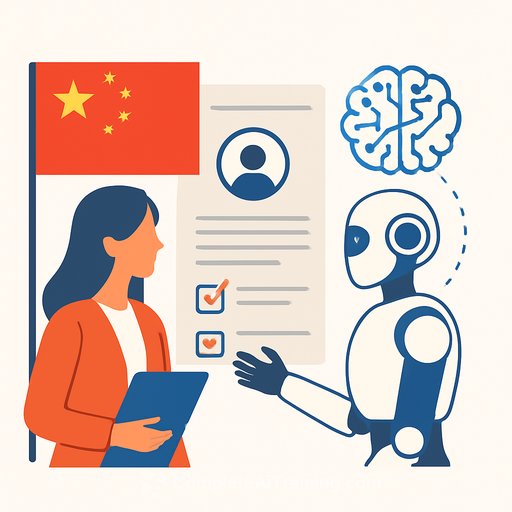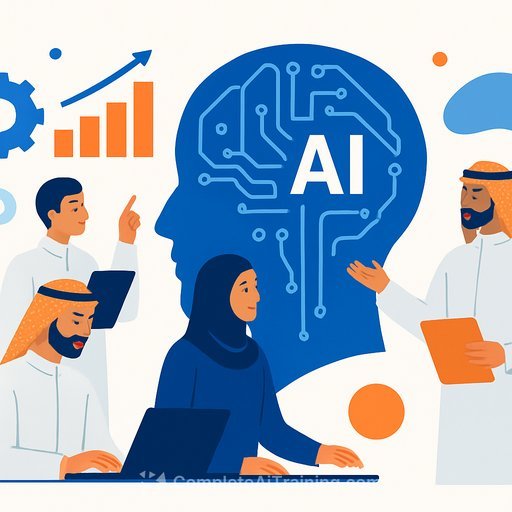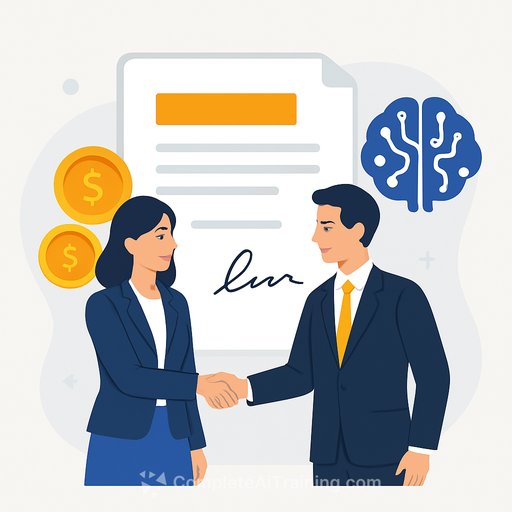Maintaining the Human Element in AI-Driven Hiring
Many organisations are adopting artificial intelligence (AI) to streamline recruitment, but this shift carries risks. Jordan Goure, CEO of Picsume, warns that removing human judgment from hiring can lead to unintended bias. Large Language Models (LLMs) trained on user inputs may reinforce existing preferences if not carefully managed.
For instance, if a hiring manager’s selections repeatedly favor candidates from specific countries, surnames, or educational backgrounds, the AI will mirror this bias. Goure emphasizes that human oversight remains essential. "When you take the human out of human resources, I think it's a massive issue,” he says.
Equality and Fairness in AI-Assisted Hiring
Indrajeet Chatterjee, Senior Associate Director for Talent Acquisition at BIG4, stresses that AI can never replace the human side of hiring. AI tools can screen resumés efficiently and suggest potential fits, but recruitment is fundamentally about connecting with people.
It involves understanding a candidate’s story, reading between the lines, and assessing culture fit through intuition and real conversations. Chatterjee points out that the human dimension in hiring cannot be replicated by algorithms.
Still, Goure acknowledges the role AI can play in supporting equitable hiring when used responsibly. AI can enhance applicant tracking systems to help identify the best candidates fairly. He highlights the importance of embedding ethics in AI software development, especially for recruitment.
Yet, challenges persist. Software giant Workday faces a lawsuit claiming its AI job screening discriminates against older applicants. Workday counters that its tools do not make hiring decisions or factor in protected characteristics like race, age, or disability. Hiring decisions remain with human recruiters, and courts have dismissed claims of intentional discrimination so far.
Bridging Gaps in AI with Research and Collaboration
Picsume benefits from advisory and research funding through Canadian government programs, including the National Research Council and the Natural Sciences and Engineering Research Council. These partnerships involve universities and colleges, fostering innovation in AI recruitment tools.
Goure highlights the need to engage students, newcomers, and those entering the workforce, who often feel disconnected from current industry practices. "There’s kind of a communication gap between the generation that's about to graduate, the generation that's in school, and the workforce and industry of today,” he explains.
Further Reading
Related Topics
- 'An exponentially bad move': experts warn against cutting entry-level jobs for AI
- Most employers 'missing opportunity' for end-to-end transformation with AI: report
- Leveraging AI for people-centred strategies
Your membership also unlocks:

